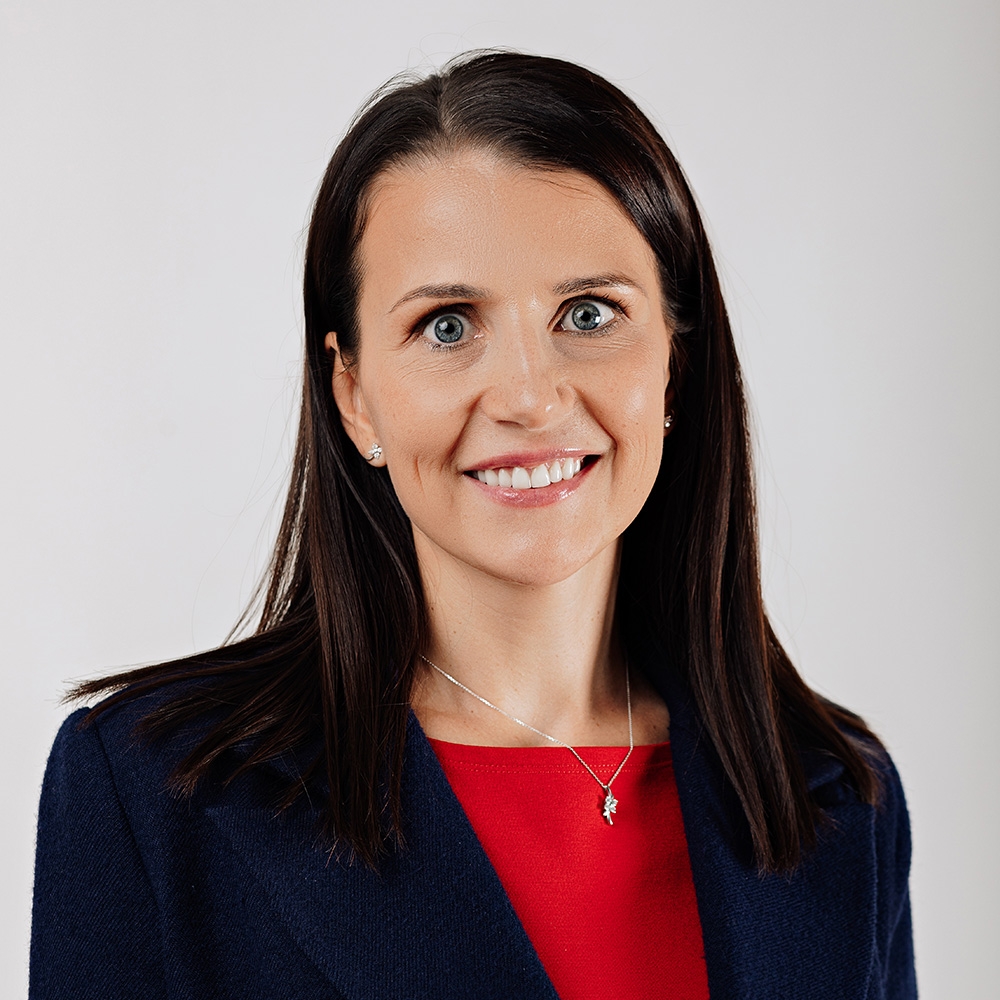13 October 2022

A team of researchers from the Graduate School of Management St. Petersburg University (GSOM SPbU) and the HSE Higher School of Economics (Yulia Aray, Anna Levchenko, Anna Veselova, Dmitry Knatko) published an article in the highly rated journal European Management Review on the integration of the principles of closed-loop economy (ElC) in supply chain management.
Integration of the principles of EIC in the supply chain is now considered as a solution aimed not only at improving environmental efficiency, but also economic, because it involves reducing waste and their further use in production. In practice, the implementation of such projects depends both on the availability of the necessary competencies and resources and largely on various institutional factors.
The experience of many countries in the field of waste processing and use shows that the garbage problem is effectively solved by reintroducing waste into circulation. Industries around the world are already actively using waste as raw materials, energy, and goods. The authors of the article raise a topical question — why do projects in emerging markets that have both environmental and economic feasibility often face distrust from stakeholders and ultimately fail?
The empirical part of the study is based on the case study method: the "opposite" cases are analyzed in detail. Having studied the successful and failed experience of implementing the principles of EIC by a Russian company working in the field of waste management, the experts came to the conclusion that a critical condition for the implementation of such projects is cooperation with an experienced, legitimate partner. At the same time, the low level of awareness and trust of stakeholders can become a serious obstacle. Thus, the failure of the project to convert heat supply systems to fuel from waste, the so-called alternative fuel — RDF (Refuse Derived Fuel) or SRF (Solid Recovered Fuel), was caused by the blocking of the initiative by the local community, which did not trust the new solutions and considered them environmentally hazardous to the population. At the same time, the company's successful project related to the use of RDF/SRF fuel at a cement plant, despite public distrust, was realized thanks to a strong partner with knowledge in this field and an influence in the professional community.
The most important practical conclusion that the authors make is that investments in the dissemination of knowledge, raising awareness in society and among key stakeholders about the use of waste, as well as cooperation with a more “mature”, experienced partner in this area, are crucial for the implementation of new, innovative projects in emerging markets.
При использовании данного сайта Вы подтверждаете свое согласие на использование ВШМ СПбГУ cookie файлов. С подробной информацией Вы можете ознакомиться, перейдя по ссылке.